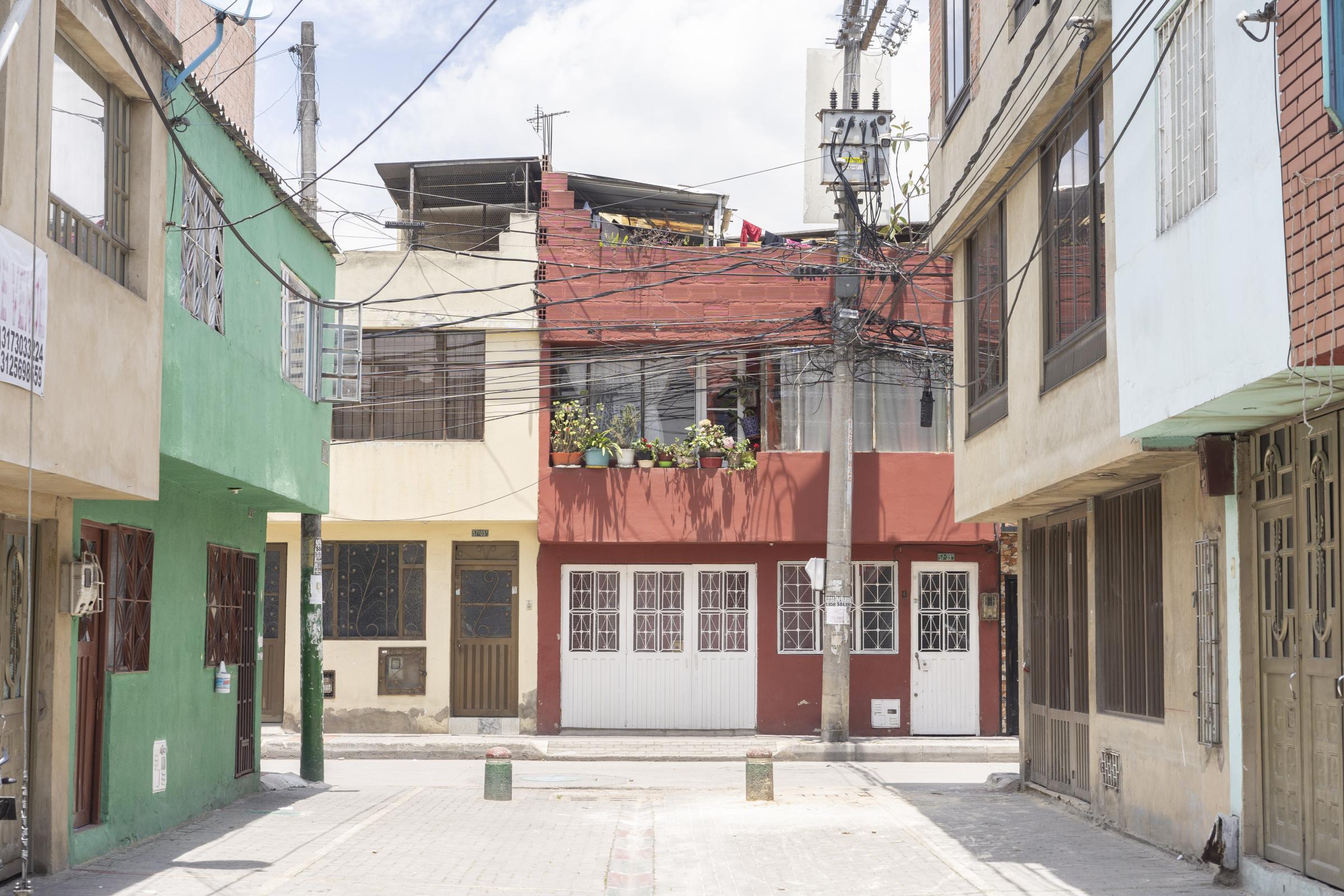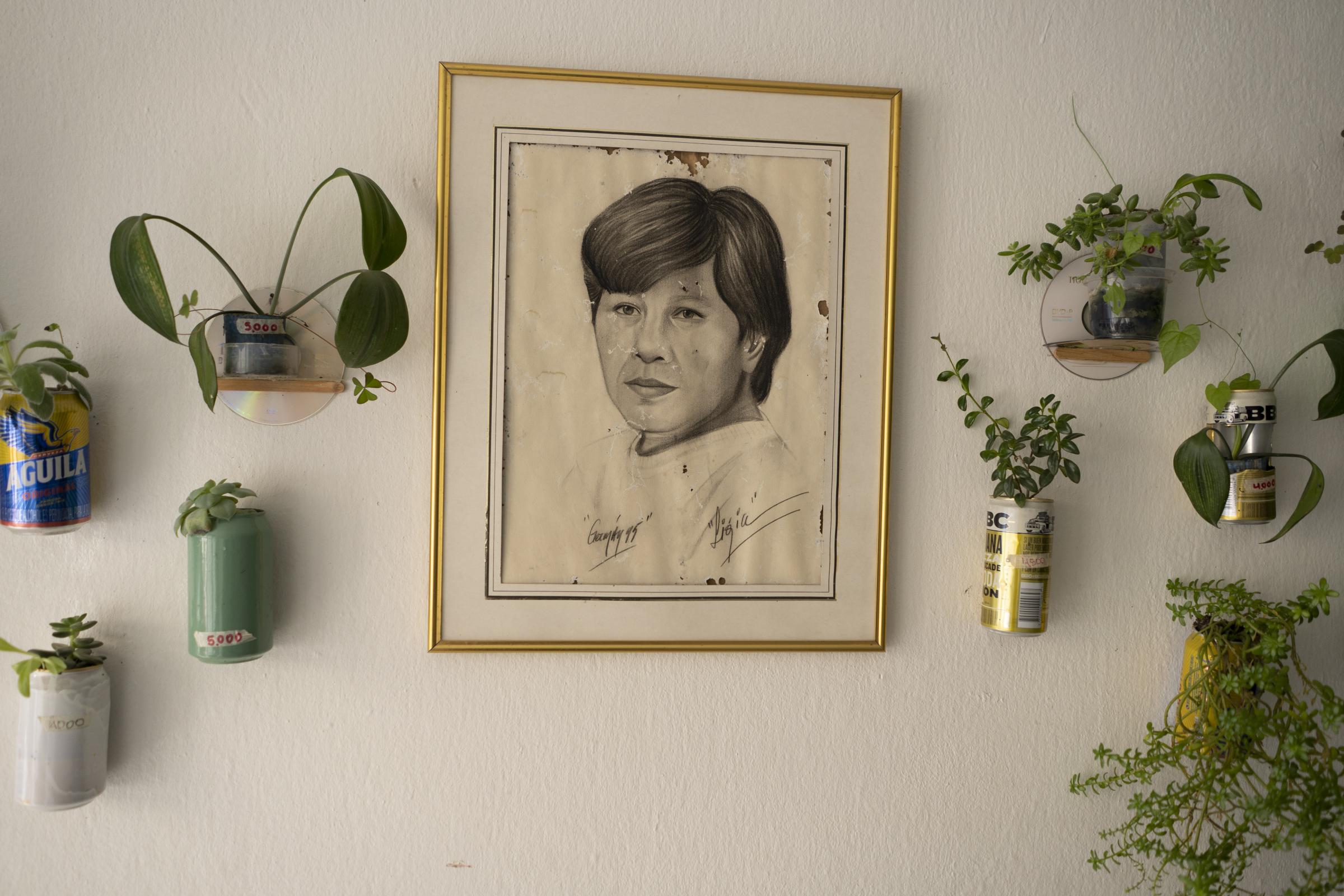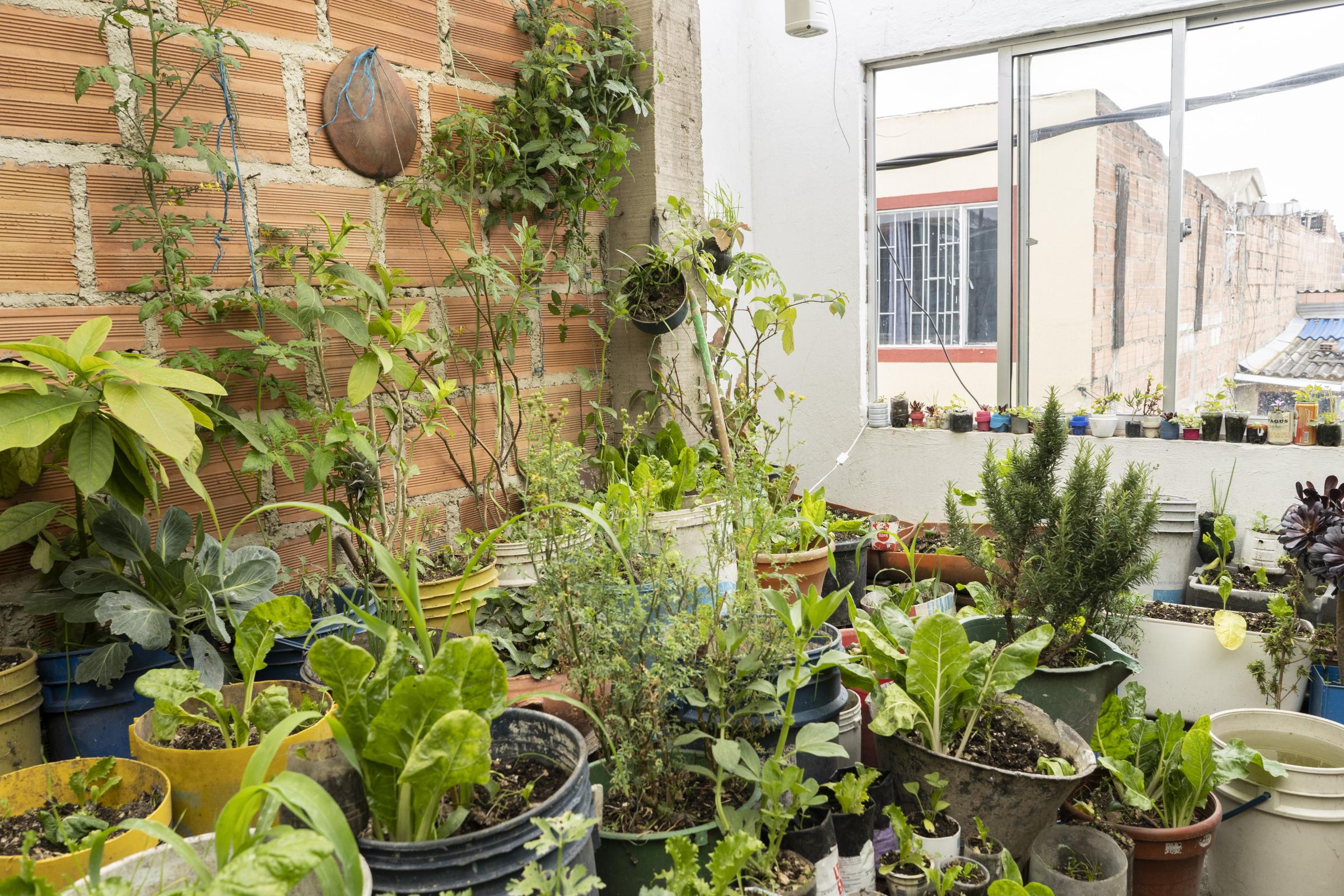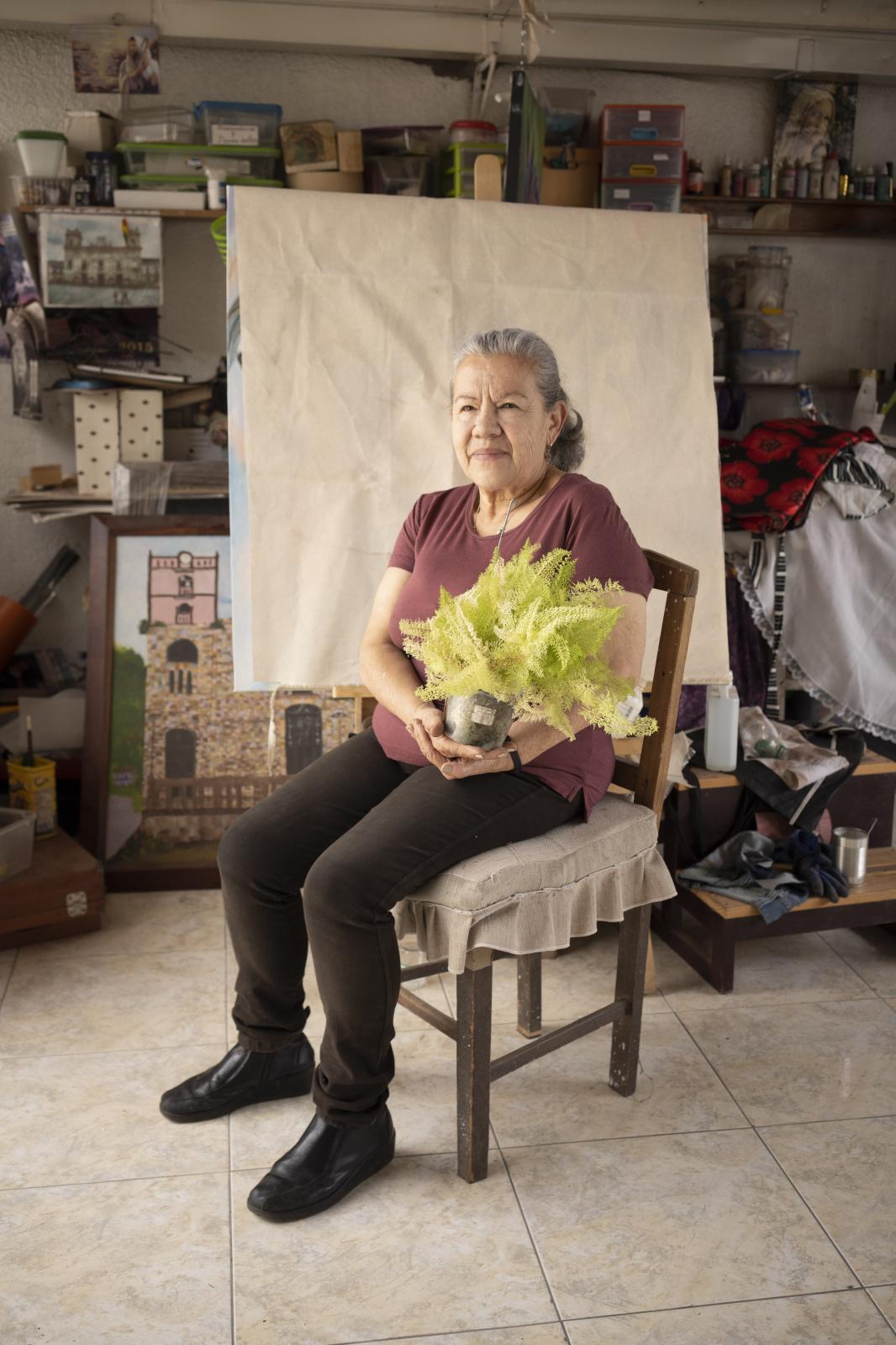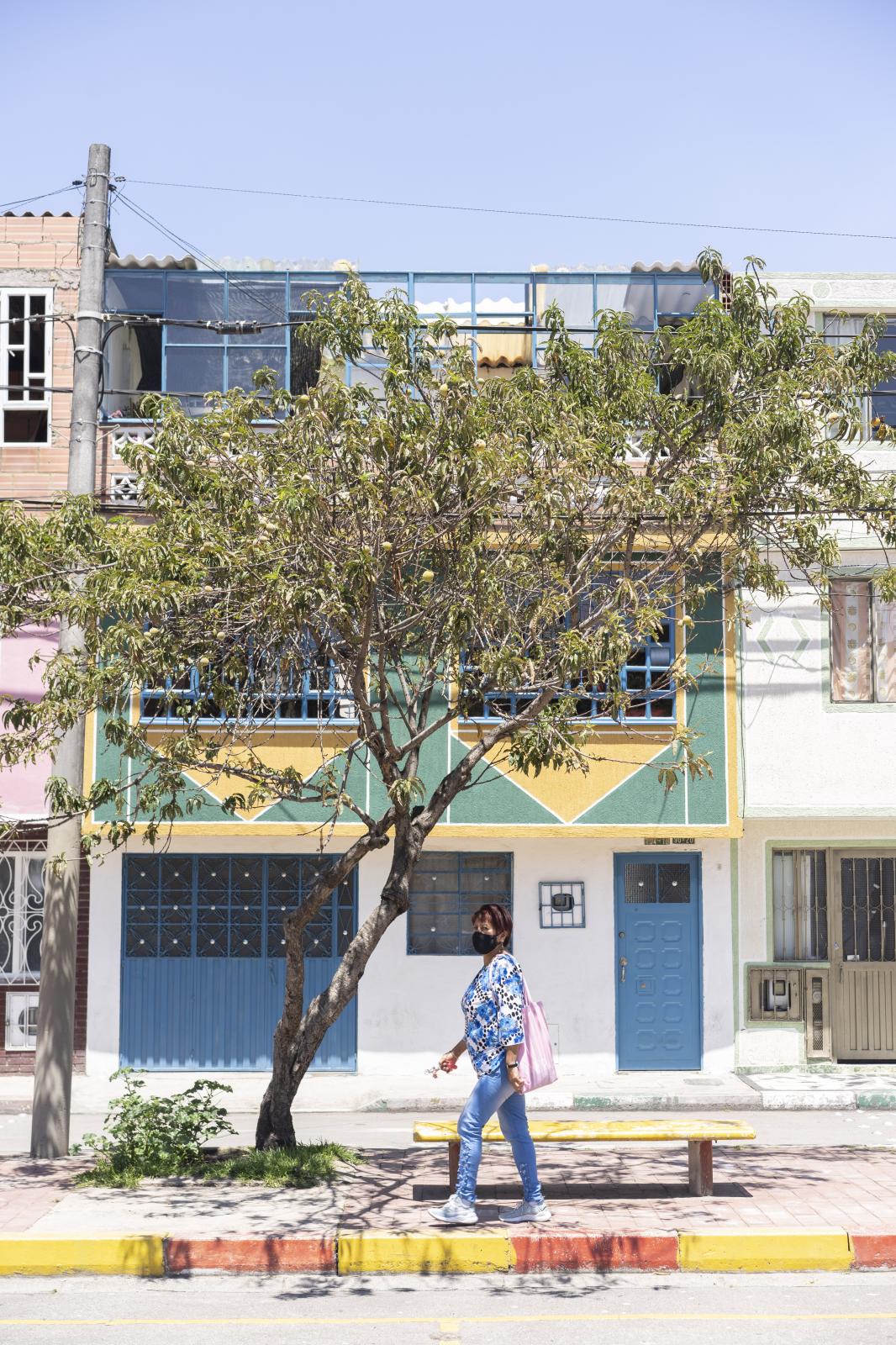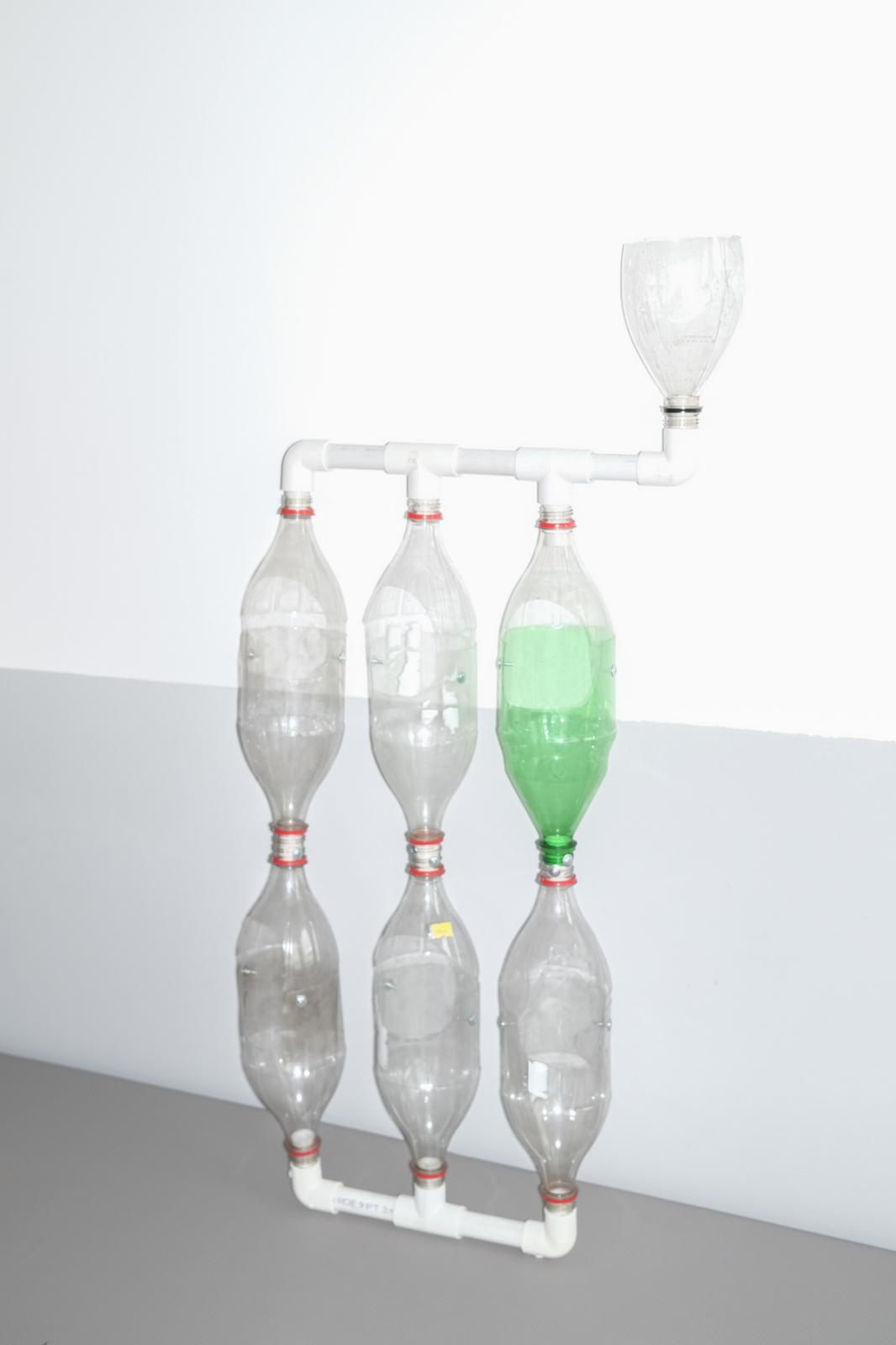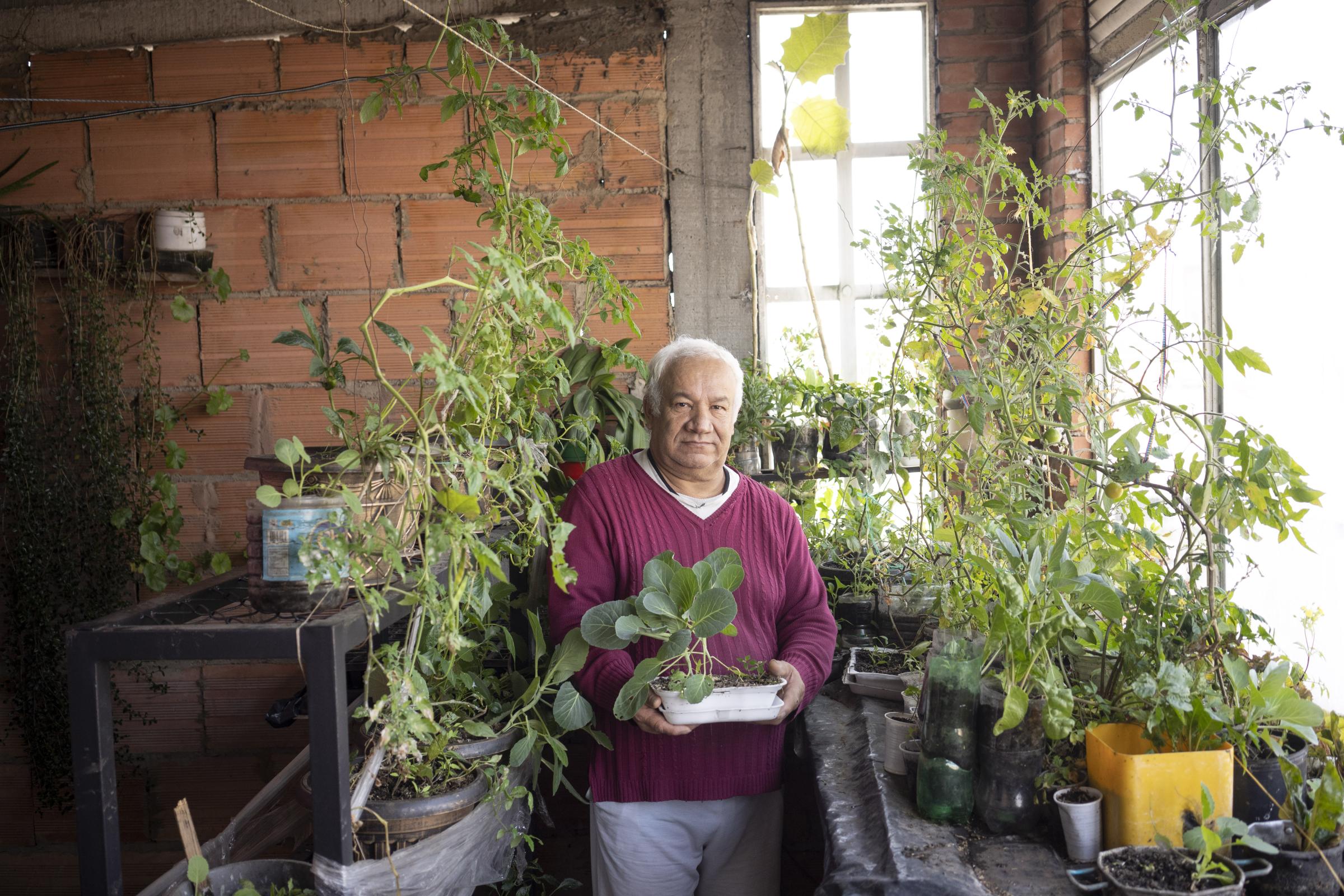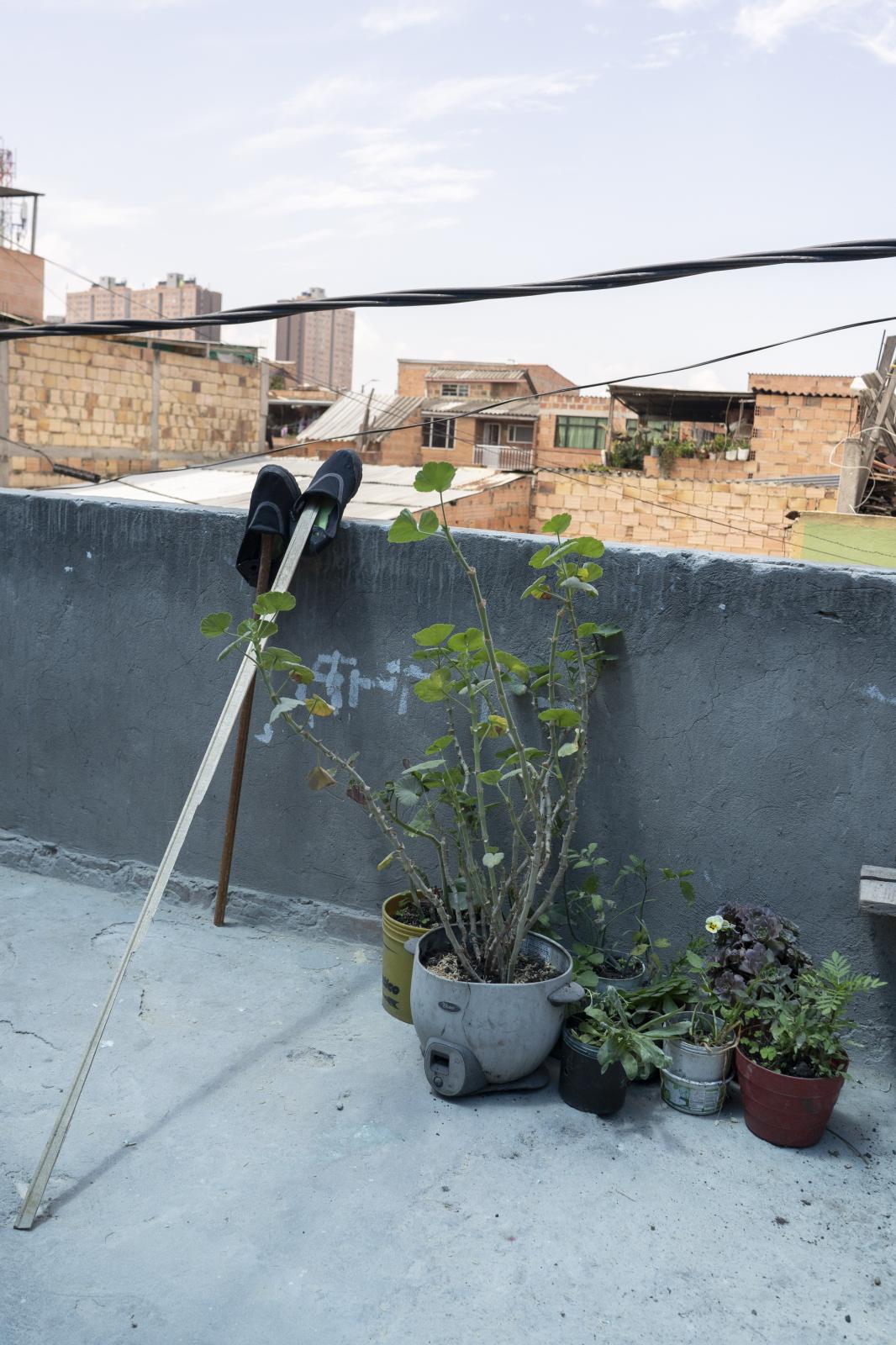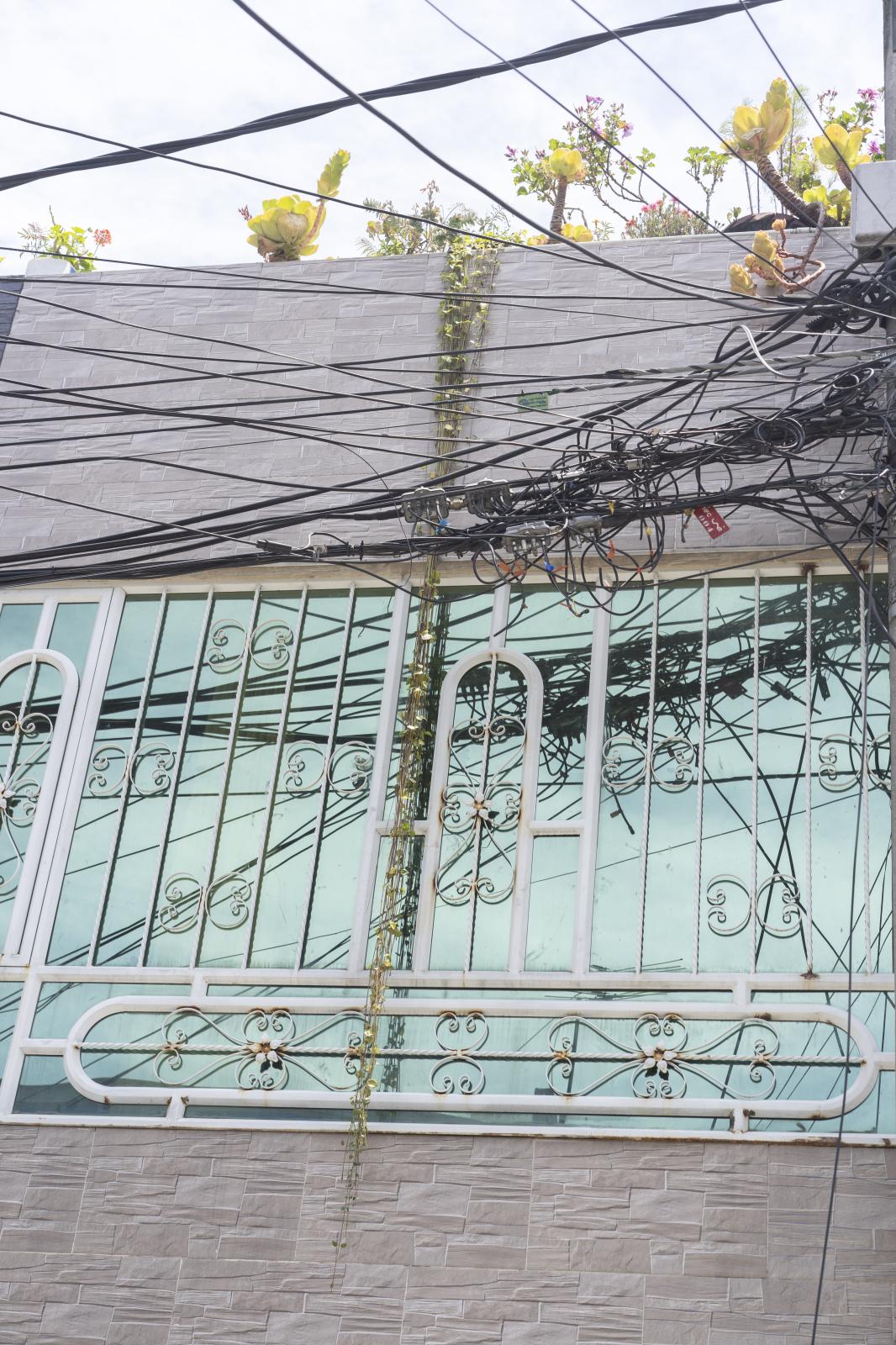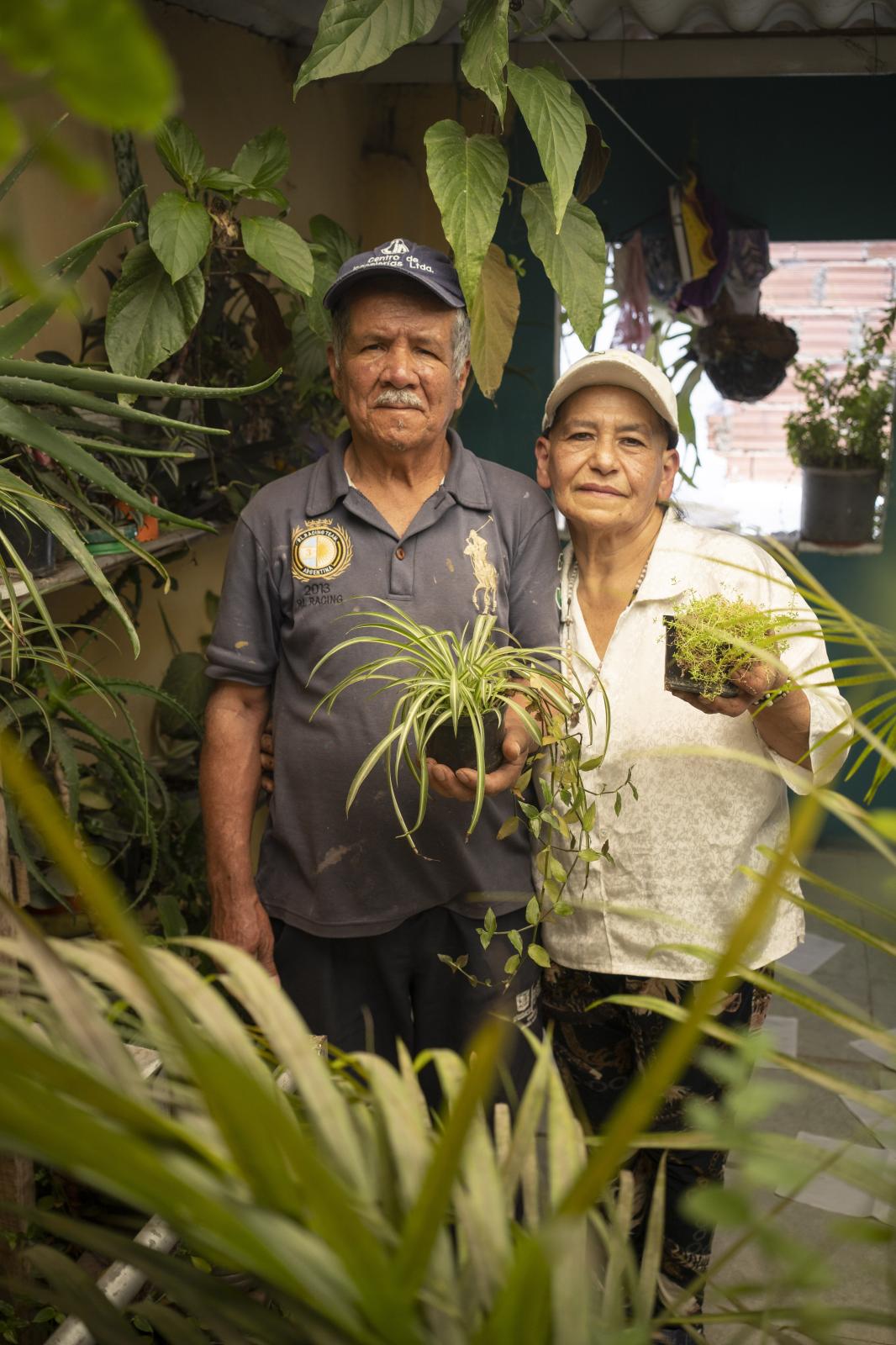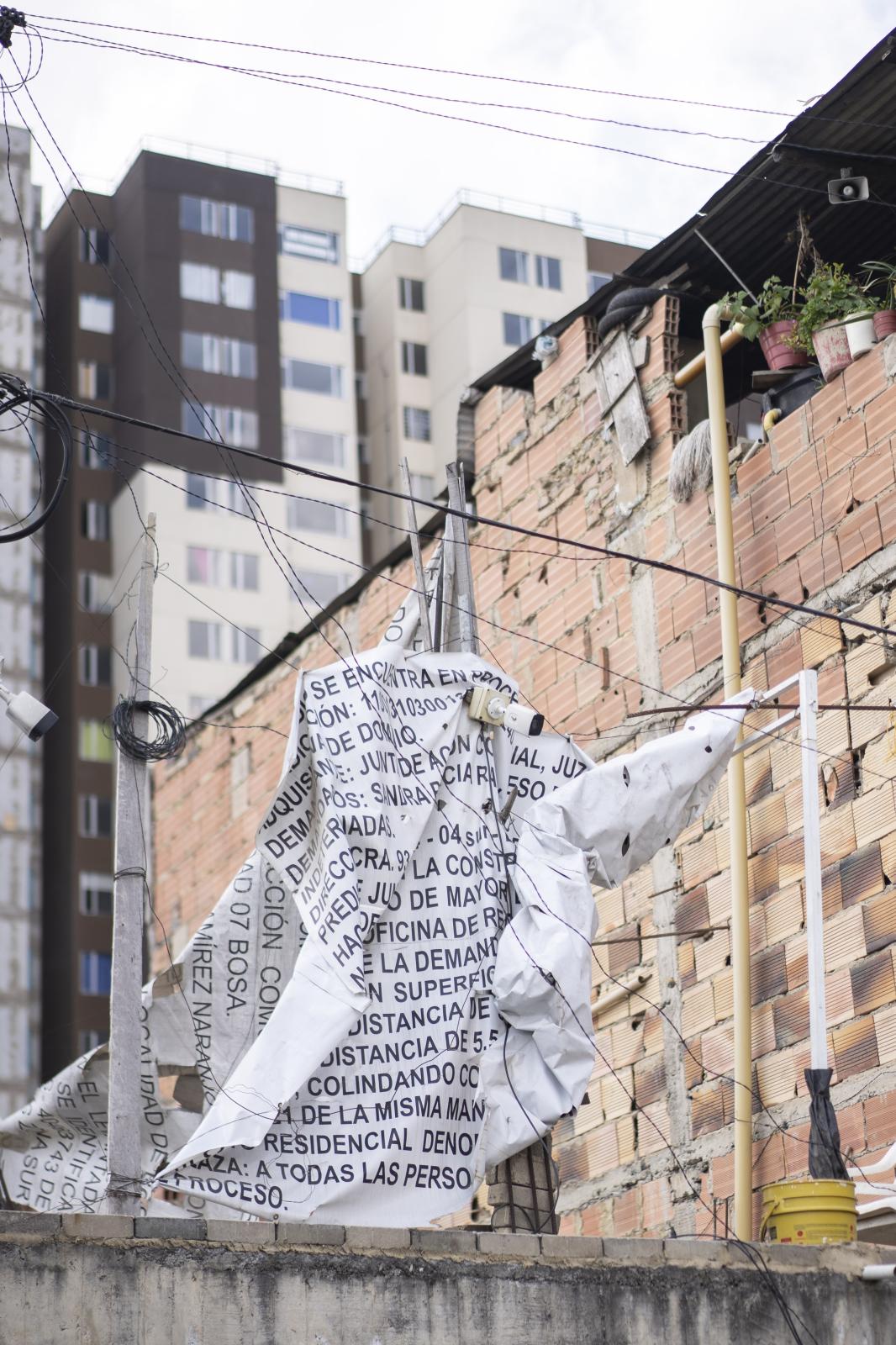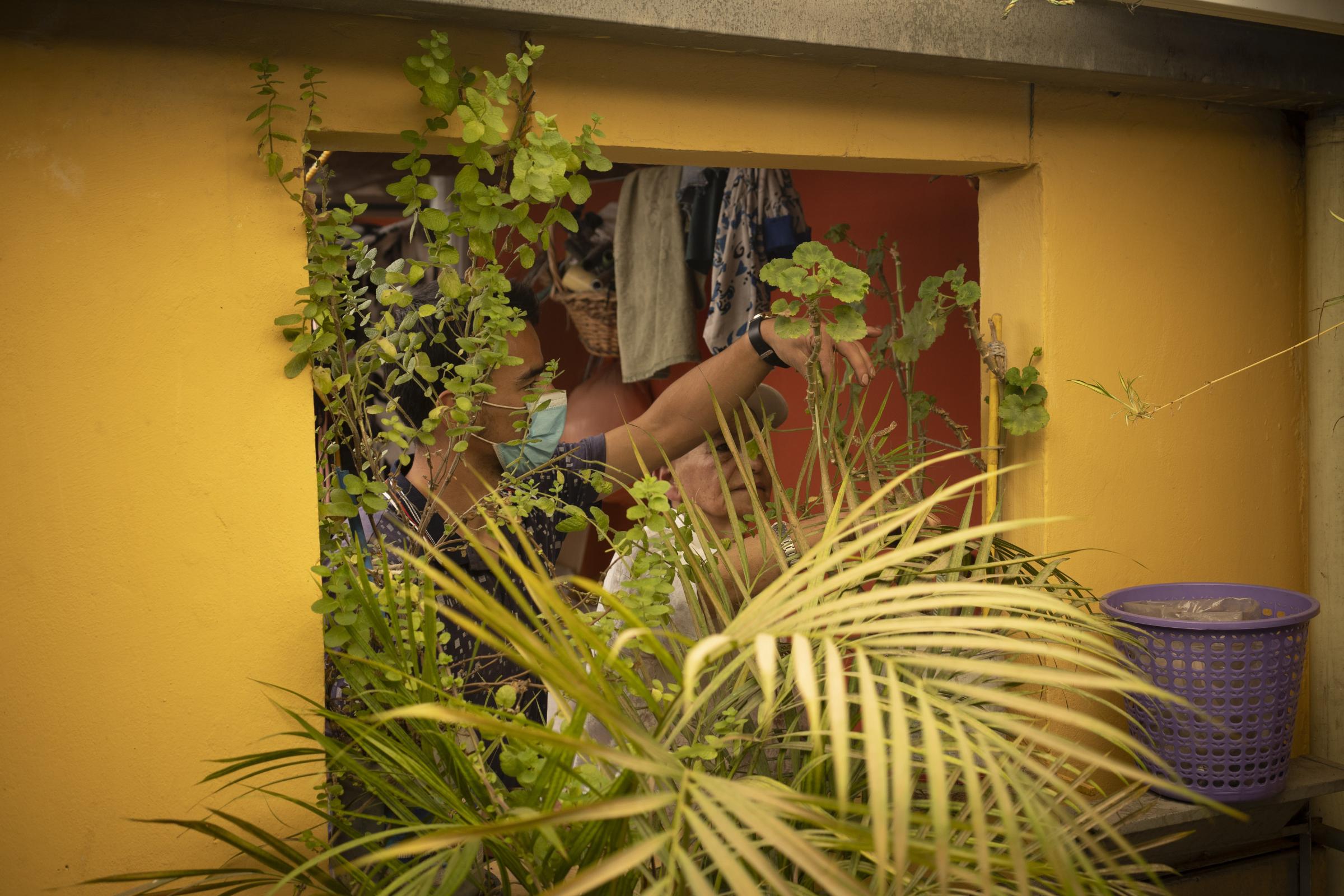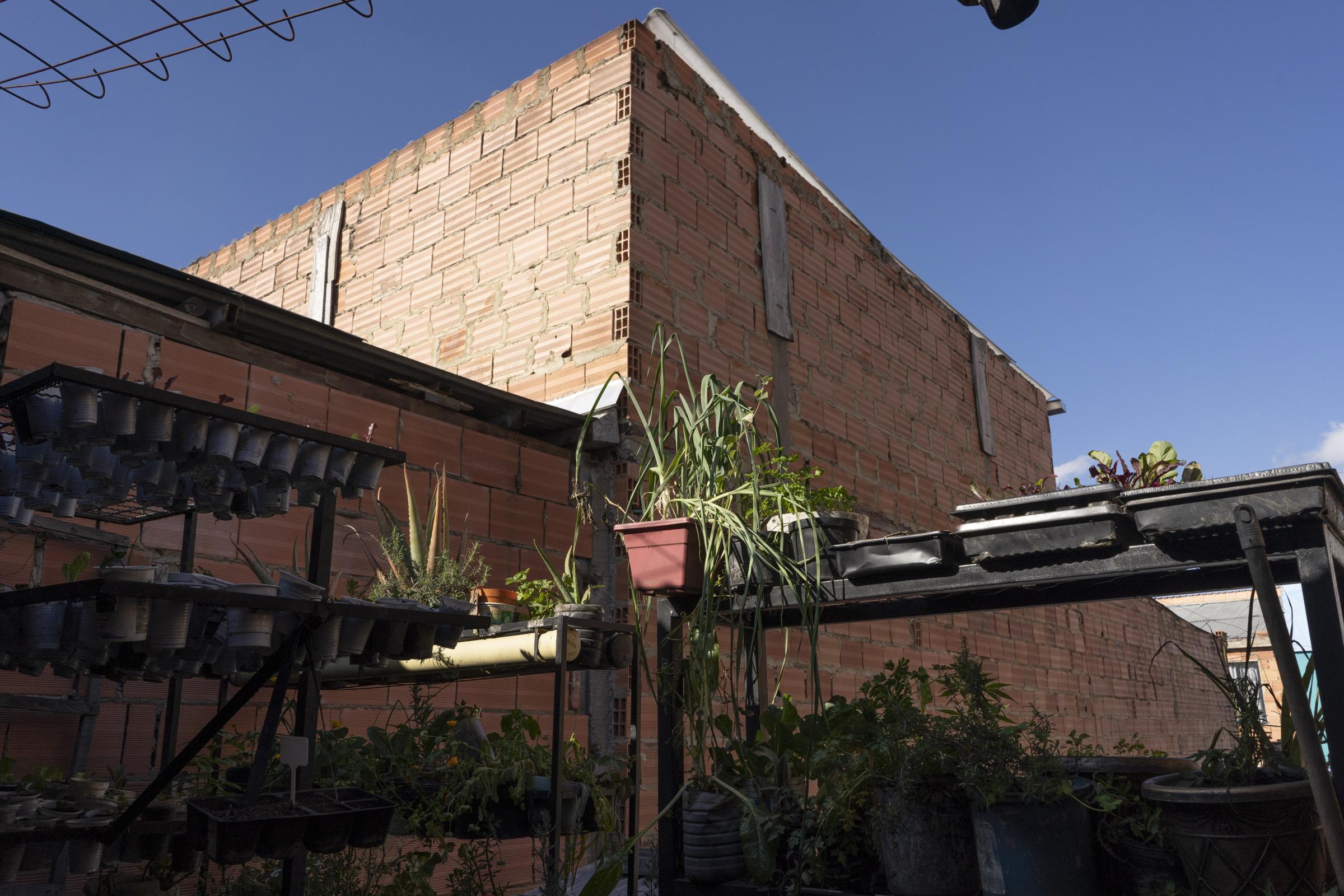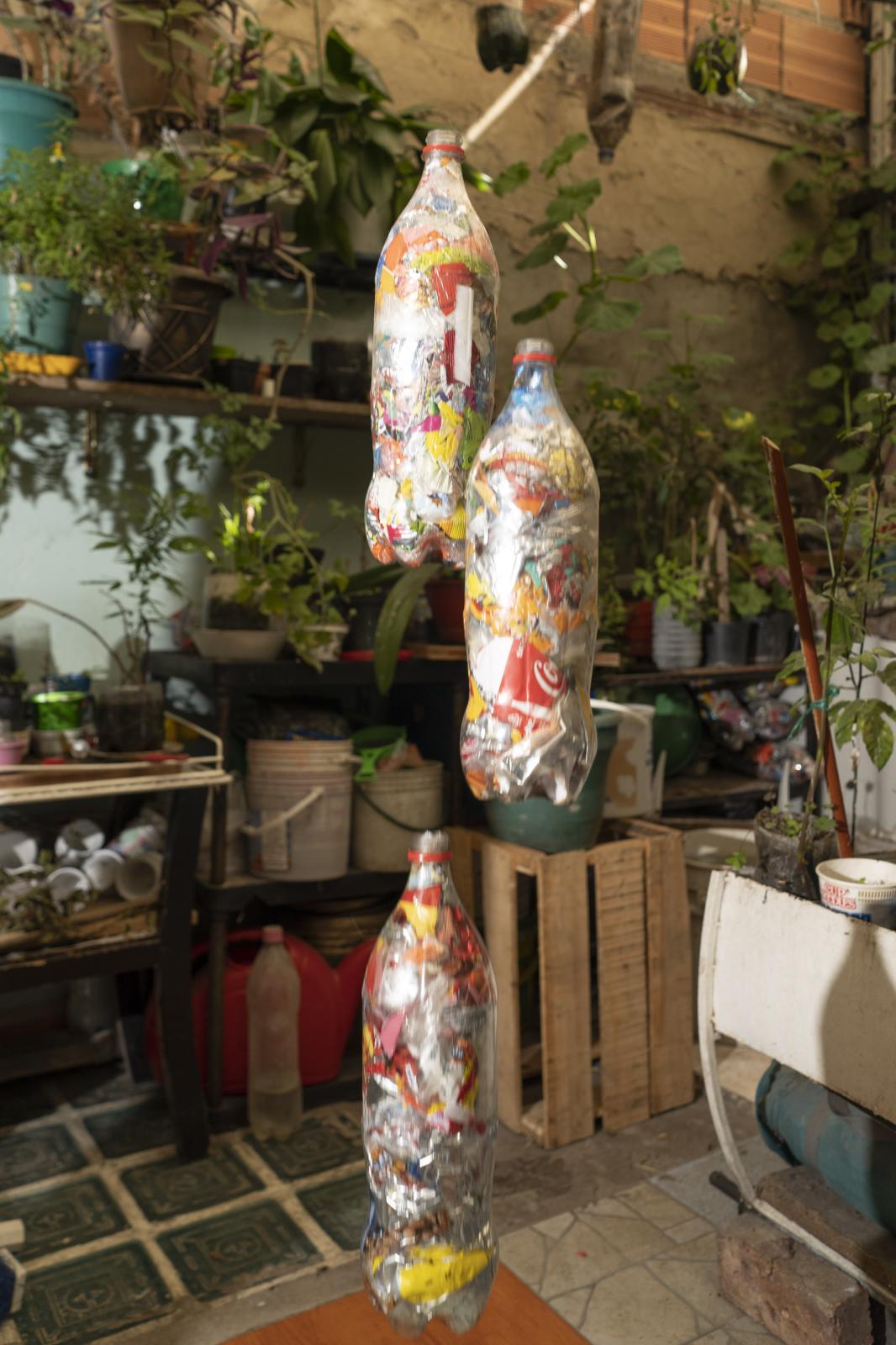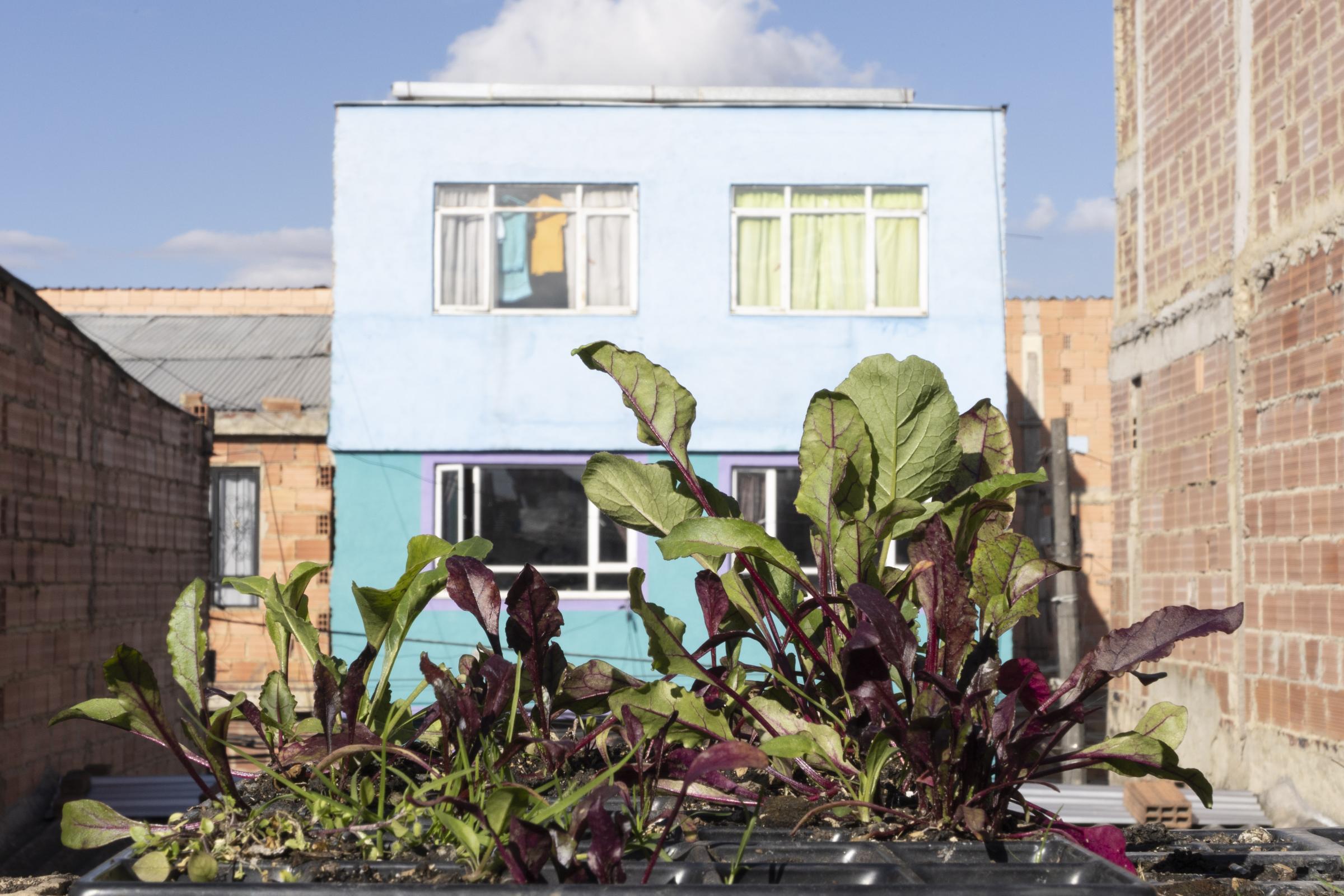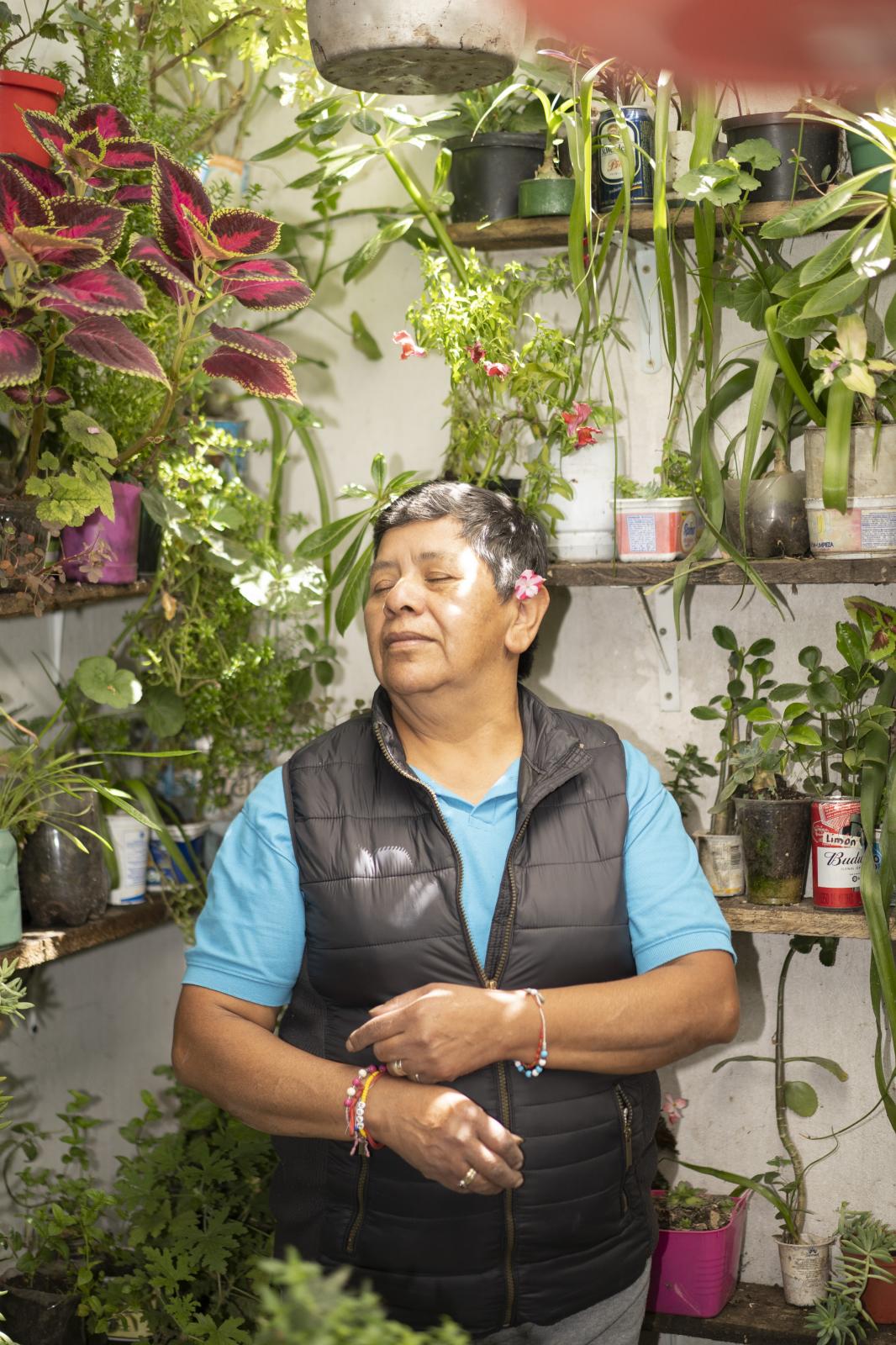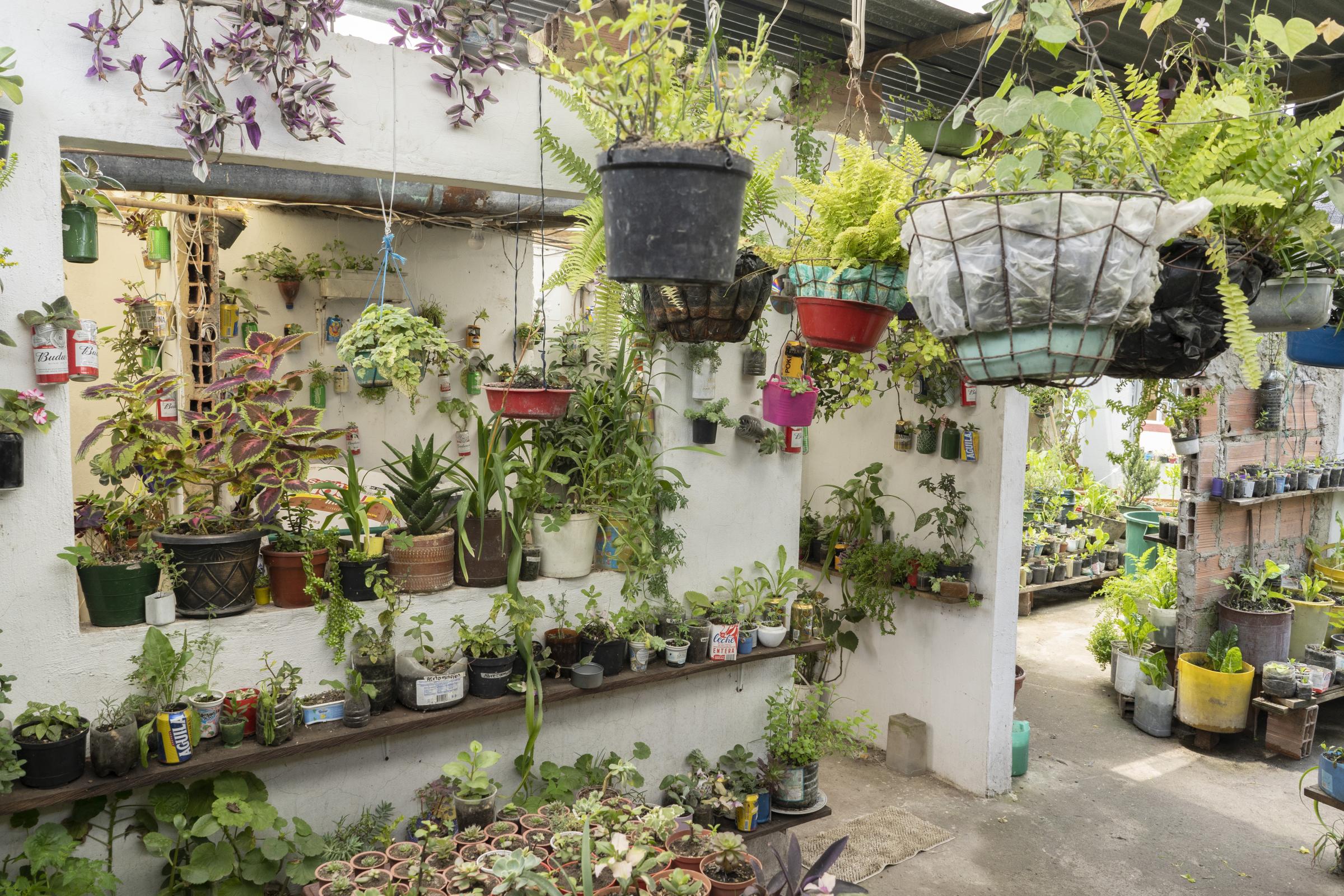Cleanest neighborhood
The Cleanest Neighborhood.(March 2022- Ongoing)
"The cleanest neighborhood in Latin America", as it was named by Colombian and international media in 2018. The Gaviota International Awards, a Mexican organization gave this recognition to the El Regalo neighborhood for sustainability for the garbage management model that was created by the same community in the face of a garbage collection crisis in the south of Bogotá. Based on a circular economy, all waste can be raw material, either to be recycled like plastic or transformed into compost for home gardens.
At the beginning of 2022, the FAO has reported that Haiti, Honduras and Colombia are the countries with the highest risk of famine in Latin America, a consequence, among other things, of the pandemic and the economic crisis, as well as Venezuelan migration and the setback in the peace agreements. 54% of the Colombian population is in food insecurity. Millions of Colombians do not have access to nutritious food, in good conditions, that meets their needs and preferences.
The food sovereignty practiced by many of the inhabitants of El Regalo have been understood as a political response to governments that have never had this concept as a priority on their agendas. His dream is to reduce hunger in the most vulnerable sectors of the country with his self-sustaining model. As well as the own production of organic fertilizers for the peasants in times where the Russia-Ukraine conflict will cause the costs of producing food in the world to increase considerably.
"The cleanest neighborhood in Latin America", as it was named by Colombian and international media in 2018. The Gaviota International Awards, a Mexican organization gave this recognition to the El Regalo neighborhood for sustainability for the garbage management model that was created by the same community in the face of a garbage collection crisis in the south of Bogotá. Based on a circular economy, all waste can be raw material, either to be recycled like plastic or transformed into compost for home gardens.
At the beginning of 2022, the FAO has reported that Haiti, Honduras and Colombia are the countries with the highest risk of famine in Latin America, a consequence, among other things, of the pandemic and the economic crisis, as well as Venezuelan migration and the setback in the peace agreements. 54% of the Colombian population is in food insecurity. Millions of Colombians do not have access to nutritious food, in good conditions, that meets their needs and preferences.
The food sovereignty practiced by many of the inhabitants of El Regalo have been understood as a political response to governments that have never had this concept as a priority on their agendas. His dream is to reduce hunger in the most vulnerable sectors of the country with his self-sustaining model. As well as the own production of organic fertilizers for the peasants in times where the Russia-Ukraine conflict will cause the costs of producing food in the world to increase considerably.
Public Project
Cleanest neighborhood
1,486

